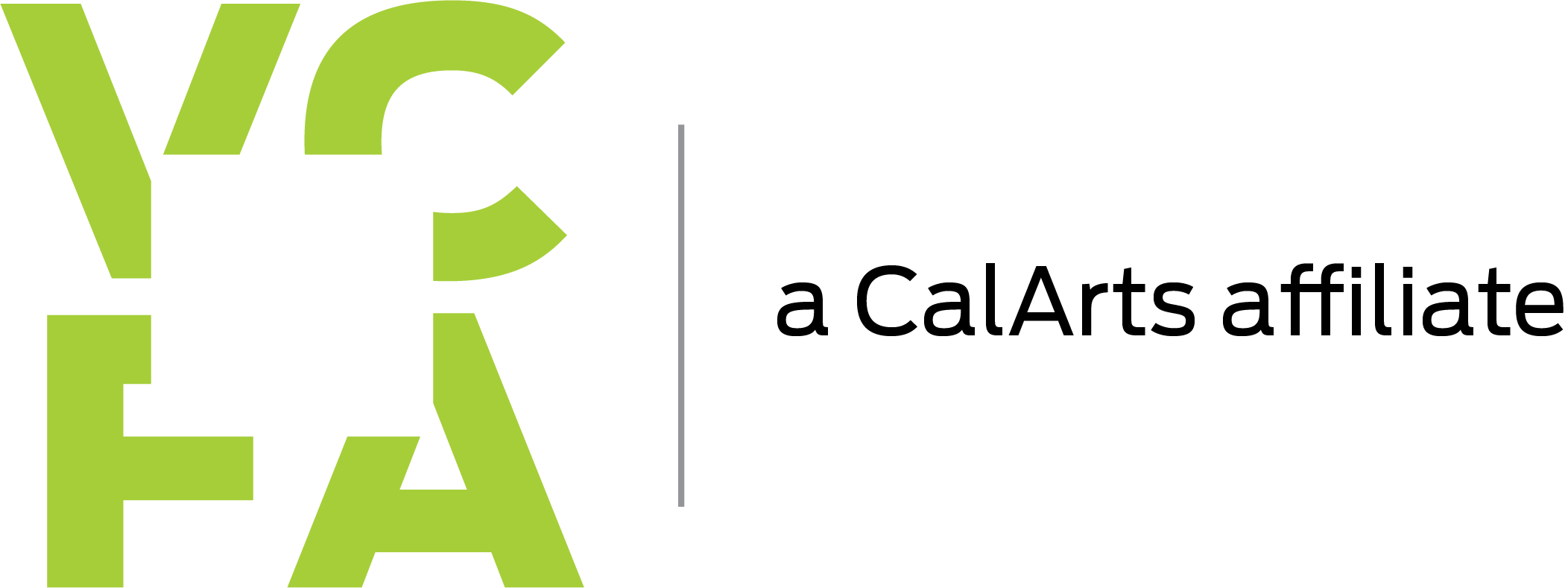ALUMNX STORY: Ann Huang, 2014 MFA in Writing
“I believe poetry is an indispensable medium for the cinematic arts to flourish and will continue to challenge and expand the possibilities of what can be expressed through it all.” -Ann Huang
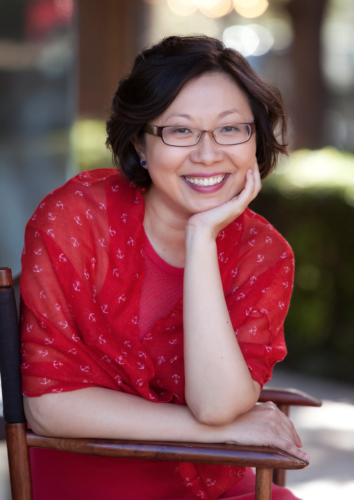 Poet, filmmaker, and VCFA MFA in Writing alumnx Ann Huang (W ’14) works in the nuanced depths of cross-disciplinary art making. Author of five poetry collections, Huang’s written work led to the creation of her avant-garde film production house, Saffron Splash Media. Huang and her team have made six critically acclaimed films, which have garnered recognitions such as Best Directing Award at the 2020 Jane Austen International Film Festival, the Emerging Director Award at the 2020 Actors Screen Awards, and the Jury Special Award at the 2022 First Women Film Festival. All of Huang’s films are based on her published poetry, pushing the boundaries of each discipline.
Poet, filmmaker, and VCFA MFA in Writing alumnx Ann Huang (W ’14) works in the nuanced depths of cross-disciplinary art making. Author of five poetry collections, Huang’s written work led to the creation of her avant-garde film production house, Saffron Splash Media. Huang and her team have made six critically acclaimed films, which have garnered recognitions such as Best Directing Award at the 2020 Jane Austen International Film Festival, the Emerging Director Award at the 2020 Actors Screen Awards, and the Jury Special Award at the 2022 First Women Film Festival. All of Huang’s films are based on her published poetry, pushing the boundaries of each discipline.
Now, as Huang is set to publish her sixth poetry collection, Saffron Splash, and her seventh film, BRAZEN SAILS, VCFA sat down with Huang to take a deep, introspective dive into how she approaches cross-disciplinary art. In this process-focused interview, Huang speaks on the start of her journey, her current projects, and how she uniquely uses dreams to inspire and guide her work. Join us in a thought-provoking artistic conversation below.
Plus, learn more about Saffron Splash Media here, and visit Huang’s poetry site here.
The Interview
On Becoming a Cross-Disciplinary Artist
Q: How did you come to poetry specifically as a writer? And what about poetry speaks to you as an evolving creative?
A: I began my literary journey with novella writing. When I had written my first novella, I went to the NYU writing workshop where Catherine Barnett was teaching. She told me that my gift was in poetry. Many years later I got to know that Barnett was one of the favorite persons of my late mentor, Jean Valentine.
During the NYU writer’s workshop, we were given a shoe with shoestrings. We were asked to go out and write about the shoe image in Washington Square. And it just started to rain. Surrounded by century-old monuments and ever-expanding streets, raindrops permeated my sensibilities and my first poem was born.
I want to say poetry is the medium to my creative expressions due to its raw, elusive, and dense nature. When it comes to creative output, I believe in “seeing” poems as painters see their paintings “formulating.” During my MFA years at VCFA, I was introduced and drawn immediately to the Surrealist gestures that followed Dadaism and assimilated many of Surrealists’ idolized symbolism into my poetry.
Q: Your writing started your journey as a filmmaker as well. How did your poetry inspire your filmmaking practice?
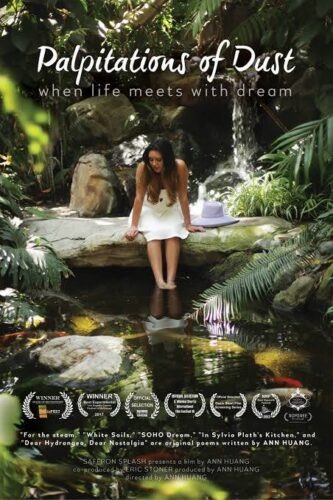 A: To me, the process of writing and filmmaking is similar to alchemy. The transformation from poetry to film is the melting pot of words, chosen visually and acoustically from the human psyche, psychology, myths, and dreams.
A: To me, the process of writing and filmmaking is similar to alchemy. The transformation from poetry to film is the melting pot of words, chosen visually and acoustically from the human psyche, psychology, myths, and dreams.
I dream a lot. Dreams have a logic of their own. They are infused with a darkly rational truth. After a night of lucid dreams, I often found myself writing a poem in automatic writing, a process suggested by the late twenty-century Surrealists adopting Carl Jung’s the collective unconscious. Jungian ideas rendered an archetypal agent connecting people who shared similar feelings about particular ancestral objects without actually knowing each other.
Poetry portrays this truth through a series of words and images governed by an inherent necessity that forces them into the light. In order to understand my dream logic, I talked incessantly with my artist friends about deciphering. That’s when I thought I could actually bring out more of my pure lyrical poems through the process of filmmaking. Once a one-dimensional placeholder for my poems could transcend to be multi-dimensional, with visuals and sonic impressions that accentuate the flavor of each poem’s essence. We thought it could be a huge breakthrough for showing the depth of the poems as well. They would no longer be constricted to paper and would become alive, just like the way they are in my mind. The idea of making a poem-film series emerged.
My poems and poem films are intended to be taken in with introspection and retrospection. The emotional core I feel under the surface of the page and on-screen sparks surprising sentiments of mingling dreams and reality. When my audience navigates their memories with detailed attention to their feelings, they can explore the complex emotions of my films with the fluidity of their own stories.
On Saffron Splash
Q: Can you talk more about how this poetry/film journey started your film production house, Saffron Splash Media?
A: Saffron Splash Media is an avant-garde boutique film-production house responsible for all my films. Over the past eight years, we made six critically-acclaimed films based on my published poems, with a seventh (BRAZEN SAILS) in its pre-production. We started making each film at the start of every season of the natural year, showcasing the relationship between my dreams and the collective unconscious. The films have received numerous accolades in the film festival circuits and showcased in museums nationwide.
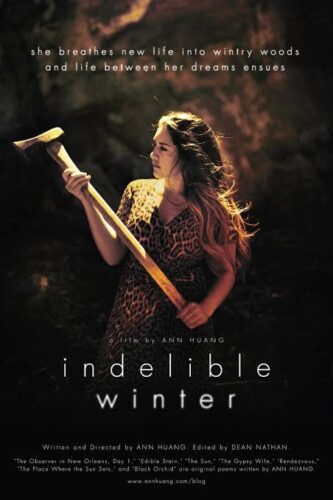 PALPITATIONS OF DUST (Autumn) won the Best Experimental Film at the 2018 Chicago Amarcord Arthouse Television Awards. INDELIBLE WINTER (click on the link of the film to watch) won the Best Directing Award at the 2020 Jane Austen International Film Festival. THE PINES OF SPRING (Spring) won the Emerging Director Award at the 2020 Actors Screen Awards. SPARSE (Summer), won the Best Voice Acting at the 2019 Actors Awards Los Angeles. IN THE DESERT OF ETERNITY (Earth element) won the Jury Special Award at the 2022 First Women Film Festival (Close Film Festival) in Iran. DIAMOND DUST (Metal element) won the Best Editing Award at the 2024 Swiss Screenwriting and Cinematic Summit.
PALPITATIONS OF DUST (Autumn) won the Best Experimental Film at the 2018 Chicago Amarcord Arthouse Television Awards. INDELIBLE WINTER (click on the link of the film to watch) won the Best Directing Award at the 2020 Jane Austen International Film Festival. THE PINES OF SPRING (Spring) won the Emerging Director Award at the 2020 Actors Screen Awards. SPARSE (Summer), won the Best Voice Acting at the 2019 Actors Awards Los Angeles. IN THE DESERT OF ETERNITY (Earth element) won the Jury Special Award at the 2022 First Women Film Festival (Close Film Festival) in Iran. DIAMOND DUST (Metal element) won the Best Editing Award at the 2024 Swiss Screenwriting and Cinematic Summit.
ANN HUANG PRESENTS echoes metaphysical and multiverse themes such as life and death as well as social ills of the man’s world perceived by the female eye. They are marked by broad philosophical and spiritual overtures such as the collective unconscious by Carl Jung. Our target audience is predominantly women between the ages of 14 to 48 who have a deep appreciation for poetry, humanitarian efforts in public policy, civil rights, world equality, and solidarity. Like an influential group that is often forgotten-some have lived through significant events such as the Clinton and Bush administrations, 9/11, the Iraq War, the Pandemic, the Ukraine War, the Israel-Gaza crisis, and now this post-election terror. This group is a generation that developed a sincere interest in social reforms as a result of the changing world around them. They gained the right to vote and saw the Obama presidency, and they were shocked to the core in November 2016 and November 2024.
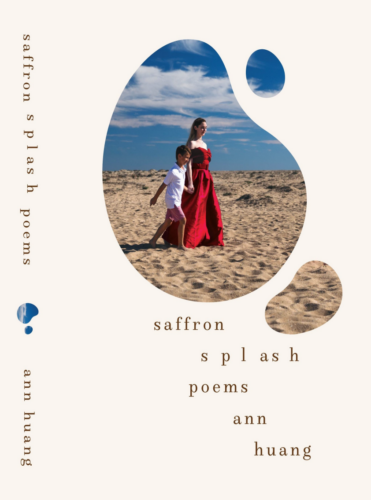 Q: You’re also publishing a new poetry collection, Saffron Splash. How did this new work come to be?
Q: You’re also publishing a new poetry collection, Saffron Splash. How did this new work come to be?
A: Saffron Splash was selected a finalist in the 2016 CSU Poetry Center’s Open Book Poetry Competition. I am happy to have found a home for it.
It explores the transcendental aspects of an artist’s life in diverse interceptions of art. Her ancestral stories; her ‘dailies’ as a protagonist in a film; her habits as an artist; her pursuit of love juxtaposing her film and writing trajectories; and her fear for losing the fleeting moments of love above all. Saffron Splash is comprised of the highlights and important cornerstones of my artistic and personal moments that shone a bright light through my film series that precedes it.
Saffron Splash will be published by UnCollected Press thanks to Henry Stanton, who is my book’s devoted editor and designer. It will be published in www.therawartreview.com, on Amazon, and www.annhuangpoetry.com. The poetry collection is due out in March 2025.
On Expanding and Exploring Creative Process
Q: Dreams play a key role in your creative process and practice. How do dreams find a place in your work?
A: I dream often. And I have always held a firm belief that dreams should not be thrown away as they become known to us. Although they may seem surreal and irrational to our consciousness, channeling them will guide us to find our destiny. Many of the books I’ve read about the surrealist movement have substantiated this notion.
When I was in my second semester at the VCFA, Leslie Ullman introduced me to surrealist painters and writers. When I first saw Rene Magritte’s painting titled “Homesickness,” I was in complete awe. In the image, the artist depicts himself as a relaxed, winged figure. The lamp post, the lion, and the positioning of each on the sunset balcony reaffirmed the homesickness I experienced when I left China for Mexico three decades prior. I frequently dreamed about the balcony of my childhood apartment during the first year I moved to Mexico City. In my dreams, there was a lamp post and a tiger on the balcony, and I oftenly climbed down from it risking my life. I could not have imagined that the dreams I was having were an indication of homesickness for my homeland. Seeing Magritte’s painting made me understand the existence of Carl Jung’s concept of the Collective Unconscious.
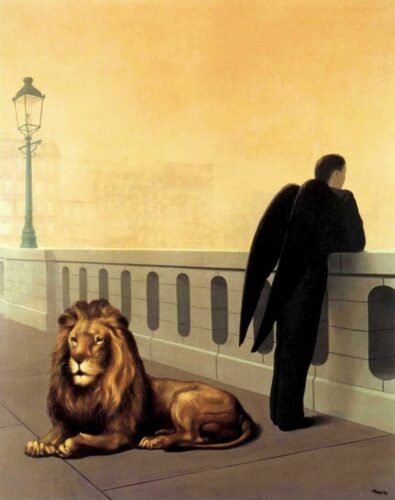
“Homesickness,” Rene Magritte
Joseph Cornell’s work on Charles Simic’s poetry resembles the Jungian influence on both my personal and artistic lives. Simic had a dream in which he and Cornell passed each other on a New York City street. Though I have yet to meet Carl Jung in my dreams, the first night I started reading The Red Book: Liber Novus (Jung’s work), I had a dream too. In that dream, I was on an excursion with a large group of women writers and a puppy on a windowless boat. In an attempt to interpret the dream, I concluded that my upcoming book needed a clear direction and I needed a fur child in my life.
It was very surreal at first, but three days later, the dream came true. The dog that sits in my lap today as I write is the puppy I dreamed of that night. Just three days after having the dream, I brought my puppy home. If I ask myself whether it was my dream that prompted me to buy that dog or the dream that foretold what was going to happen, my answer could be both. What mattered was that my destiny was coming to its realization through the guidance of my unconscious.
Q: Would you encourage others to explore dreaming in their creative process?
A: Definitely, and because it is a given. I do encourage others to discover their true artistic emotions and their underpinning—there is magic in each one of us if we dig deep enough.
My poems are inspired by my dreams. My dreams played a crucial role in the meta-cinema style of my films. Meta-Cinema is a filmmaking style in which the film informs the audience that they are watching a film. Upon waking from a dream, the pieces of the narrative (I could remember) become fractured. During those instances, I consider myself both the lead actor and audience in my unconscious mind. I then turn to myself (the audience) and create a narrative arc from my dreams. Imagine dreaming of your twin starring in a film. What might it feel like to observe her or him in the film from the audience’s perspective?
Another way to think about it is to consider a person with psychic or supernatural capabilities who has visions of the future. Visualize what it is like for them to experience their predicted visions. These revelatory moments are so powerful that they require artistic underpinning and thorough examination.
Q: How did your art practice, in its many forms, evolve through your education and experience at VCFA?
A: Before I went to VCFA, I felt hopeless about keeping my creative ignition. Then I met with Jean Valentine in AWP Denver who introduced me to her brilliant work. Upon her recommendation, I applied for the Master of Fine Arts program at VCFA, where not only had I formed my network, but also discovered the foundation of my writing’s inspiration: the surrealistic gestures coupled with automatic writing processes.
At VCFA, I had three mentors with decisive measures, Ralph Angel (by length), Leslie Ullman (by width), and Richard Jackson (by depth). Angel gave me the pivotal advice on assembling Delicious and Alien (my third poetry collection). Jackson guided me through finalizing my critical thesis titled myths, Alchemy and dreams in Surrealist Poetry and Paintings. Ullman exposed me to contemporary painters and photographers that expanded my artistic horizons. Additionally, Valentine’s erasure-poem techniques and Angel’s lyrical romanticism had a defining influence on my pure lyricism. Most importantly, I was fortunate enough to work with Angel on the panel at 2019 AWP Portland, discussing: Any Color You Like: Inspiration in the Twenty-First Century before his sudden passing.
Q: What advice would you give to your peers looking to explore the flow of multiple artistic disciplines such as yourself?
A: Working in a cross-disciplinary art world is like having to wear different hats all at once. It can be rewarding and distracting at the same time. Make sure that one of your artistic disciplines is the foundation for the other, like my poetry for my films. And ensure the cross-disciplinary work will complement both trajectories in the long-run. My films were to serve as interpretations of my poems (hence my dreams) and the combined processes are the agent for my artistic improvement, if not merely for personal growth.
I believe being oneself is much more important than doing one’s courses. Our DNA dictates what we do, not the other way around. My message to my fellow writers and artists is to be bold and dream big. We, as writers and artists, know how to dissipate our negative emotions through our working processes. Be proud of making art through tough times like this. We ought to be creating individually and collectively, and nothing is more important than creating artwork that reflects our current world problems. If we keep tuning in our art of being, we have what we need to make something meaningful and thought-provoking for the contemporaries and generations to come.
